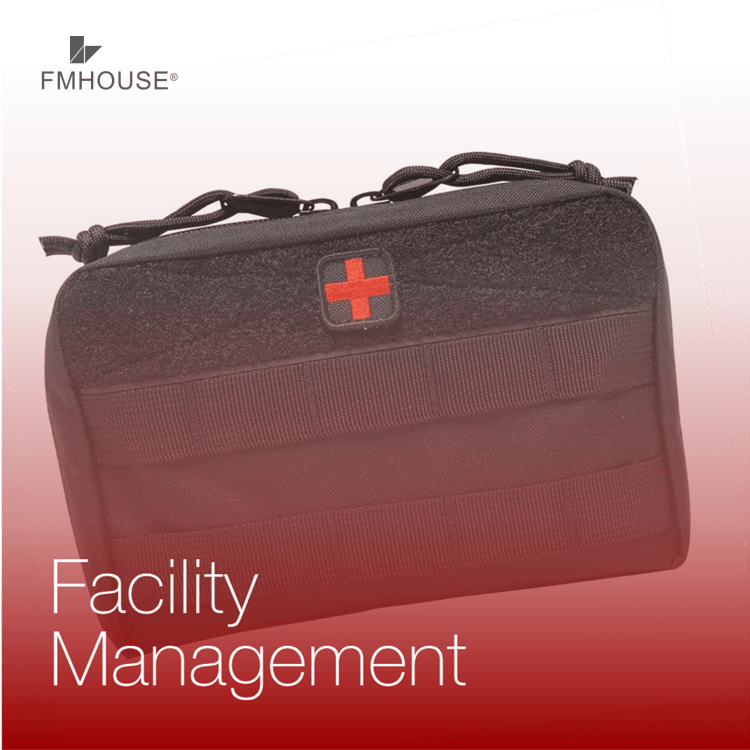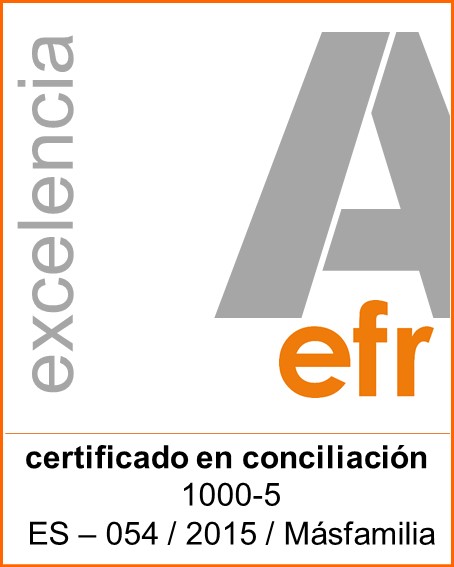It takes at least 6 years to obtain a degree in medicine, including theory, practicals and countless sleepless nights. The official Red Cross first aid course is 40 hours long, the most realistic thing of which is to give a dummy a cardiac massage. You get your diploma by passing a multiple-choice test. Each qualification is what it is and serves its own purpose. What you cannot do is confuse the skills obtained with one with the knowledge and experience of the other. In the event of a traffic accident, should there be no one better qualified, a lifeguard would be of great help, but nobody would allow them to pick up a scalpel and carry out an appendicitis operation if a surgeon were available.
The situation in Facility Management
In our sector there are people who train for years by taking a university degree in Facility Management; 4 or 5 years of hard work, internships in companies, and tough exams. There are also professionals, with more or less experience, who decide to take a 30- or 40-hour course, after which they receive a diploma by simply having attended. The curious thing is that they then “compete” in the job market, as if they had the same skills as the graduates. It is as if someone with a first aid course were accepted to become a specialist surgeon in a hospital. This does no one any favours.
Our profession will never gain greater importance within companies if we accept that after a few hours or by reading some simple documents, someone will become a pseudo-qualified Facility Manager. Consequently, when the heads of other departments see this, they react by saying “anyone can do what Facility Managers do”. It comes as no surprise that universities which provide FM degree training are considering changing these courses for more attractive ones.
Adaptation not adulteration
The obvious question is, what happens when an FM degree is not available? Well, you have to look for an alternative, and make the most of what you have, but what you cannot do is call the lifeguard “Doctor”. This is not feasible because when something hurts and you consult him, you will realise that he lacks the knowledge and he will then lose all credibility. In the same way that there are doctors in a hospital, there is also a need for anaesthetists, nurses, porters and a long list of other professionals who do not need to hold this degree but who do have specific knowledge. Support departments require many types of employees with different knowledge and skills. Knowing what type of training is required is key to meeting the expectations of the client company.
There are different types of FM degrees: the oldest in the Netherlands oriented towards the hospitality sector, in Germany and Austria with a focus on corporate real estate, and recently in Scandinavian countries, focused on service design. We at FMHOUSE offer almost 3,000 hours of training and we do not cover everything. Based on our experience as consultants, we focus on the management and methodology tiers. There is no harm in acknowledging that there is much more beyond our scope which we are not able to cover. What one needs to bear in mind is that if what is required is not available, it should not be invented by obscuring needs with any old weekend course.
Facility Management “lifeguard” courses should be taken by all company managers to give them an understanding of what we do. It is hardly surprising that in business schools they talk about marketing, finance, human resources, technology, but they do not talk about FM. One day we might spend some time promoting what we do outside our circles, and valuing good training which will proffer us recognition and positioning.









